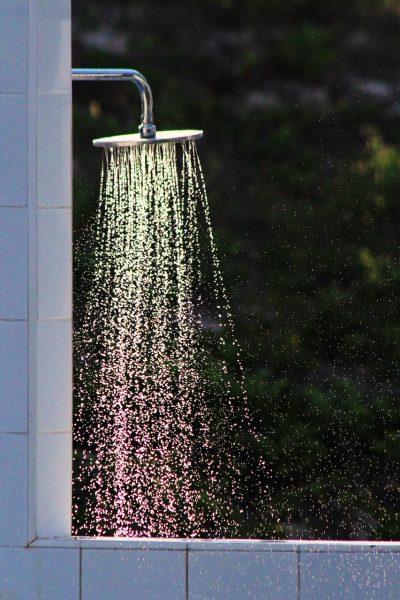My first experience with grief was the loss of a serious relationship. While for the best, I was completely devastated. I couldn’t stop crying, I couldn’t get out of bed, and I wanted to crawl up and die. It was my first experience with the body and mind connection being intimately connected, and it was excruciatingly painful. This was not something I could just talk myself out of, and it was eye-opening.
Advice I was given at the time was admittedly pretty terrible. Lessons in empathy training required? Yes, it’s my mission and I’m here to help.
Here’s what not to say when a person experiences grief and loss
- It’s for the best
- You think this is bad? When I had _____ happen, I had to go back to work the next day.
- You can’t just give up.
- You’ll get over this.
- Life goes on
- You’re not the only person in the world that feels like this; buck up
- Don’t let them see you cry
So, what do you think I actually heard in those statements?
Grief isn’t pleasant, it’s not here, suck it up, move on, don’t feel, my pain is worse, your pain is nothing, don’t be weak…as a result, the pain prolonged and I also felt ashamed.
I don’t think the intention was to minimize or dismiss my pain, but because many of us are not equipped on how to sit in compassion with suffering, we have a tendency to want to brush it off or just rush through it. The body and mind know…and they will not be rushed.
To add to this, rushing through my grief as a deeply empathic and sensitive person; I can’t actually do that. Telling me not to feel deeply is like saying, “Aoife, don’t have curly hair. It’s inconvenient”. Well, tell that to the curls on the side of my head that refuse to straighten. Not going to happen!
The best (first) advice on coping with grief and loss
I was given a piece of wonderful advice by a kind understanding soul who just got it. Years my senior, we had met for lunch, and she was worried, but moreover, had experienced the deep physical pain in grief that I also had (and more things, as she had life happen to her). She had an opportunity to practice grieving in her everyday life a bit more than I had to that point. The one piece of advice that changed the course of my future in my relationship with grief (which was a very important thing for my years to come) was this:
Get out of bed everyday and take a shower.
~AH
A shower? I remember thinking – huh, okay. You’ve got my attention.
Why a shower?
“A shower helps you to clear your head”, she explained. “Then you can go outside in the fresh air. Take even a small walk and it will help you clear your head. Things will feel a bit easier.”
So for the next 3 months, I did just that. I got out of bed, took a shower and left the house. It helped that I had responsibilities, but on the days I didn’t and could stay in, I just stayed with that little ritual. It did help. It didn’t remove my pain. I didn’t feel less heavy, but the heaviness eased. It allowed my rational brain to have a focus when my emotional self was drowning.
Five years later when my mother died, guess what I started doing?
What is okay to feel when you’re grieving?
Absolutely everything. Your timeline and your feelings are normal, whatever they are. In fact there is so much individuality in grief and its process that it is difficult for researchers to find a “template” or a “process”. So, whenever unnecessary advice is given, just give yourself a little hug and remember that your process is your process. It’s all okay. What IS important is finding the right support you need at the moments you know you need connection, compassion, and validation.
Why do simple rituals help?
Simple rituals do a few things. They make the brain feel safe. It’s a structure they know and understand. The body likes routine, rhythm and simplicity. It makes a world feel safe when it has turned upside down.
It also gives a small amount of control to the left brain that wants to order and sort through this stressful experience. A simple ritual creates this control that “yes, this part is okay, and therefore the next step is also okay”.
I know to those of you in deep early grief this might sound crazy. It’s a simple thing. It doesn’t make everything go away. Nothing gets better.
You’re right, but it’s a start.
Today my heart offers this to loved ones close to my heart that are experiencing their own major grief and loss. You are loved, and when the days are hard to come, get up, take a shower, and go outside.
I’ll be sharing more basic supports for grief in the upcoming months as I am working on a program called Resilient: Moving through Grief. It’s a heart project that’s been nagging at me for years, and 2020 is my year to share it.
